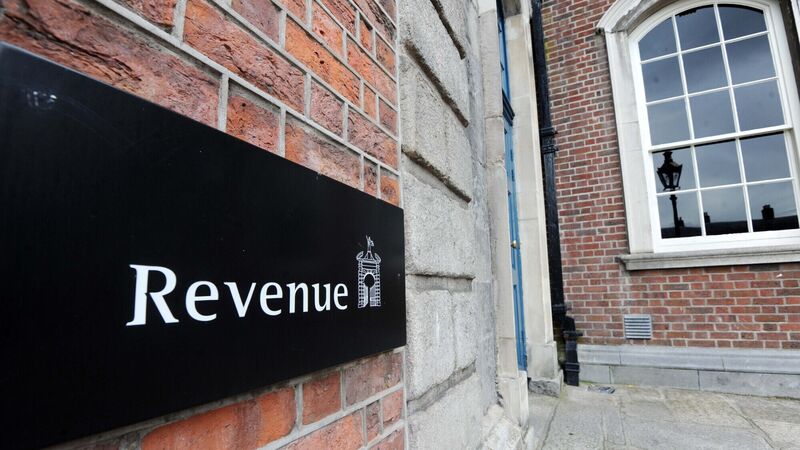Farmer loses €351,545 capital gains tax battle with Revenue

Tax Appeals Commission upheld a Revenue assessment for the €351,545 which arose on foot of a share-for-share exchange and subsequent sale of shares. Stock picture: Laura Hutton/RollingNews
A farmer and company shareholder has lost a €351,545 capital gains tax battle with the Revenue commissioners.
This follows the Tax Appeals Commission ruling that, while a share-for-share exchange at the centre of the tax dispute was affected for bona fide commercial reasons, it constituted an arrangement of which the main purpose — or one of the main purposes — was the avoidance of liability to tax.











